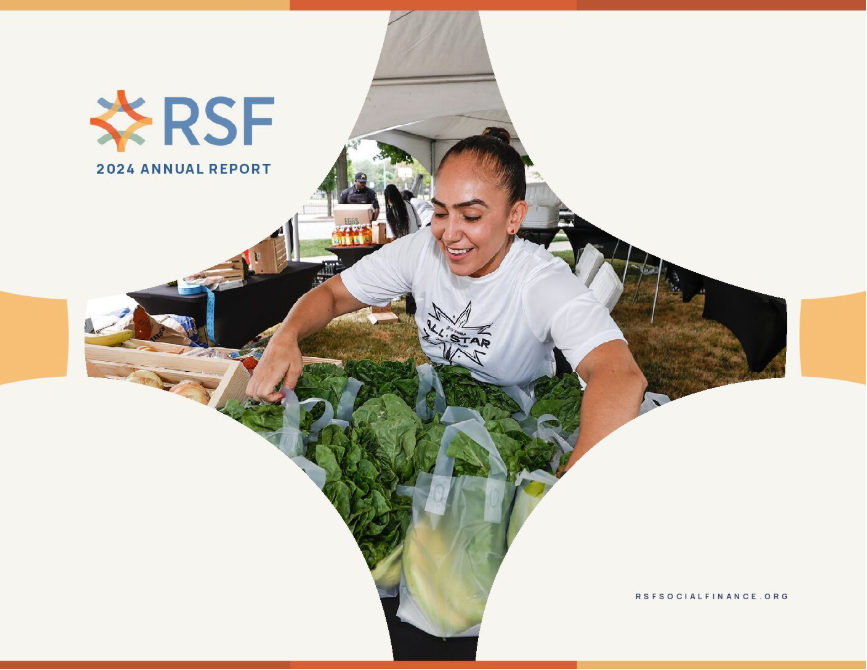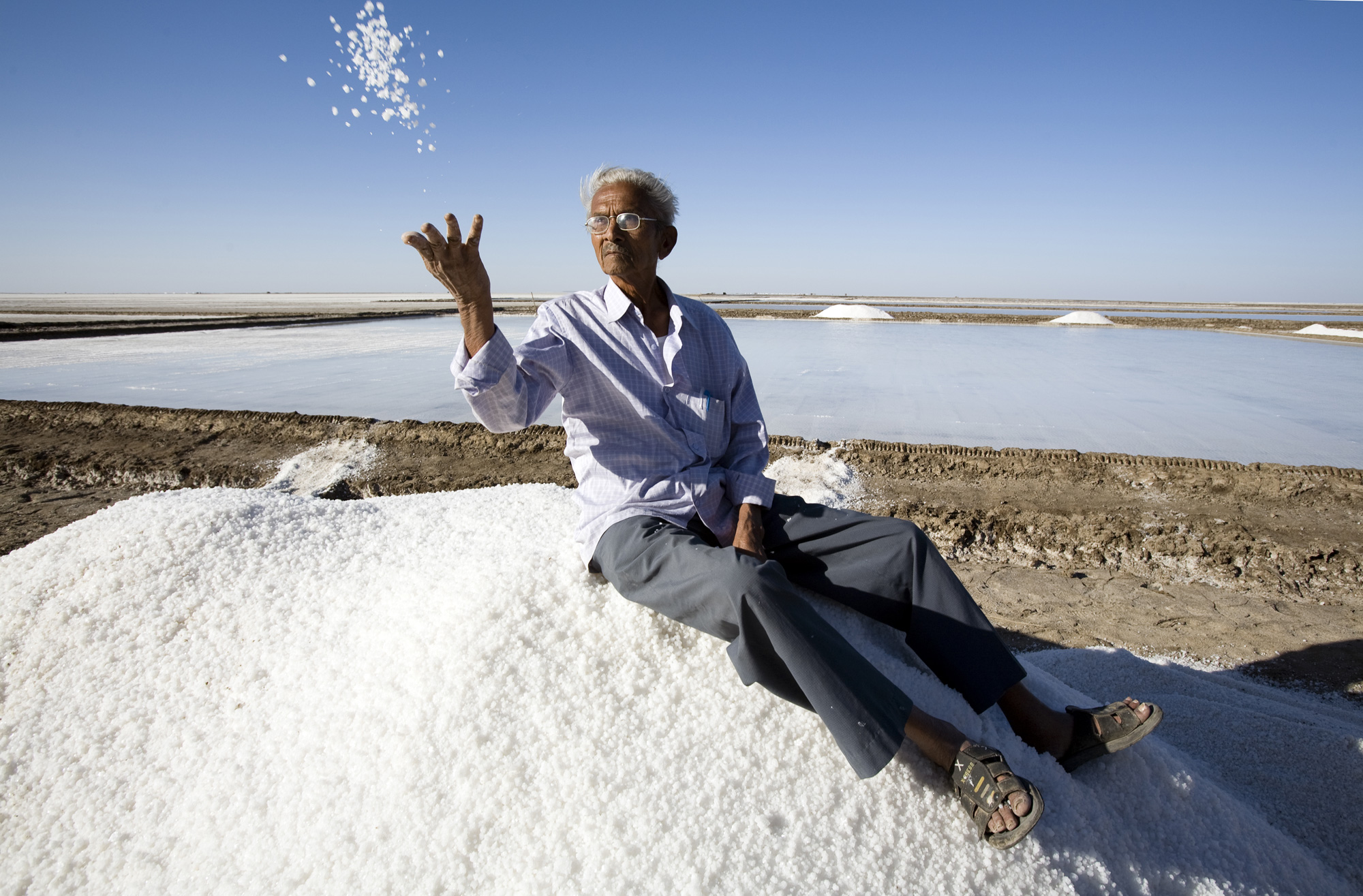I breathe the world in and out, and work on and in the world. I depend upon interdependence. In this sense I am connected to the peasant farmer, the Wall Street banker, the public school teacher, the factory worker, and the town clerk. I am part of all those lives because while I do my work, they do theirs. I make others’ work possible as they make mine. This economic rhythm, this systolic-diastolic pulsing, is what creates the currency of capital, sometimes in the form of cash, sometimes in the form of equity, sometimes in the form of debt, sometimes in the form of gift.
We are embedded in a network of exchanges, each of which adds economic value to the energetic flow in things and services. Thus the economy lives in a mysterious way both visible and invisible, though most of what we call economic by convention surfaces in the visible. We can account for transactions; they are monetized moments. And, though we can certainly recognize the arising of needs or desires, we do not know how to account for them. They are drivers, deeply personal and also universal. Hunger is not economic, but food is. The motivation that infuses my work is not economic; the product of my work is. So we live in a pulsation between the world of the individual inspiration (spirit) and the world of goods and services (economy).
Money lives in that same dynamic between spirit and economy. Capital is a monetized expression of spirit. Its character is entirely mercurial in having the qualities of liquid and solid (liquid and illiquid assets) depending on circumstances, of being a healing and toxic substance depending upon proportion and use (equity and toxic assets), of dancing between adhesion and cohesion (expenditure and accumulation) and of moving between expansion and contraction depending upon temperature (inflation and deflation). This double nature is inherent—and necessary.
Of course mercury, the elemental metal, was named for the Roman god Mercury the latter day name for the archetype the ancient Greeks called Hermes, also named Coyote in indigenous cultures. Whatever we choose to name the archetype, it is alive today. Hermes was the trickster, the duplicitous one, the shape shifter, the disruptor, the catalyst. He could move into, or adhere to, other identities and through to return to his own coherence. Though he was feared and loved, unnerving and inspiring, cursed and invited, he was nonetheless a certain partner of consciousness. Through his actions he was the cause of transformation on personal and systemic levels; in his being he was the messenger of inquiry and the new.
So we live with the unanswered question: What is money? Yet money, a marker of finance, capital, and the whole of modern economic life, is absolutely essential as leverage for the evolution of consciousness. Why else would it be such a problem? Our understanding of it, our relationship to it, our management of it will either save us or destroy us. Mercury was the catalyst, the one who raised the question, created the circumstances, but it was not Mercury’s task to make the choices we call mythology, history, or our own destinies.
In its mercurial “quicksilver” qualities capital moves quickly, lightly, in the force field of gravity and levity. And since capital is so linked to the transformation of thought into economic deed, it is a danger when it can move faster than thinking. When capital can be traded in algorithm-generated nanosecond transactions, it becomes not monetized spirit, but rather monetized money, a commodity rather than a currency. This machine-driven process is operating outside the framework of conscious consciousness, outside the moral compass of compassion, both guides to real human value and the recognition of spirit in the material. This is why money and capital are so complicated, so hard to understand. To further complicate matters, current accounting practice, though it strives for transparency, has no means for distinguishing between true human economic value and the virtual value created through the monetization of money—at the bottom (line) it all looks the same.
Capital holds within it ideation which originates in the human head. When a concept is brought into production in an orchestrated way, it requires capitalization (money) and, if done efficiently, generates material goods or services along with operating and surplus capital. Thus the emergence of a capitalistic economic system that naturally places far more emphasis on the application of intelligence to ordering labor and the efficiency of production, than on the quality of work, and care for human life and natural resources that are at the heart of all economic life.
by John Bloom
John Bloom is former Senior Director, Organizational Culture at RSF Social Finance.


